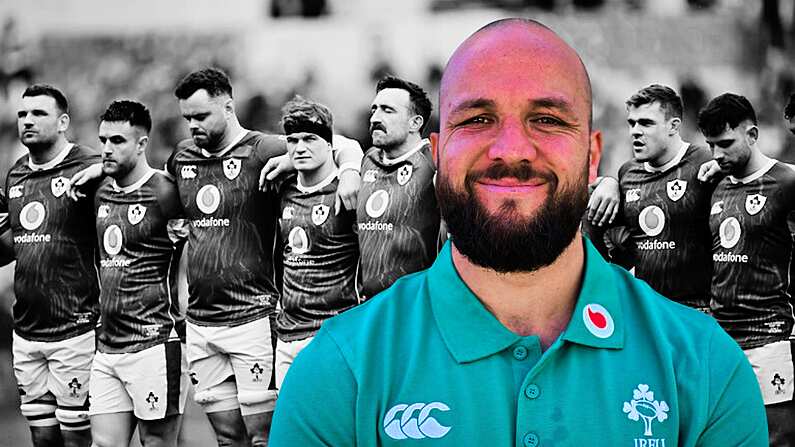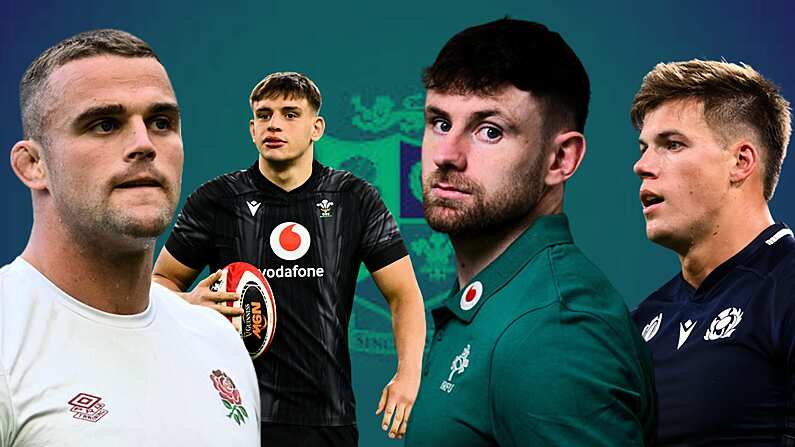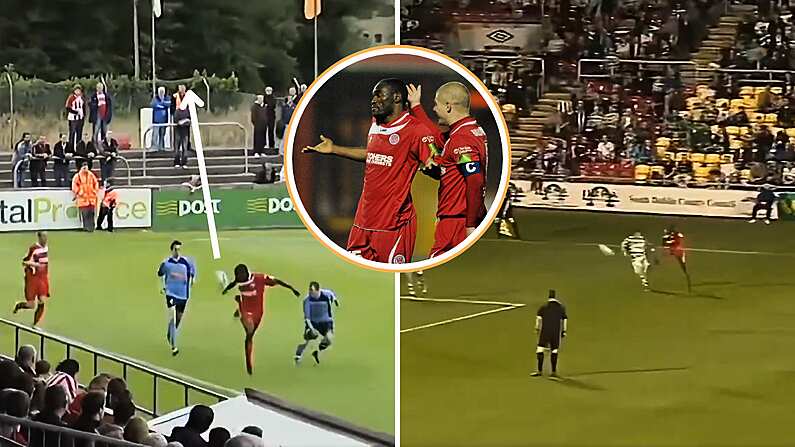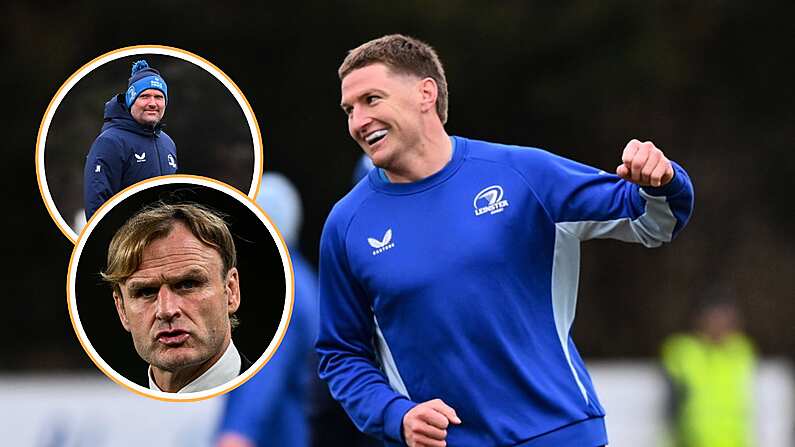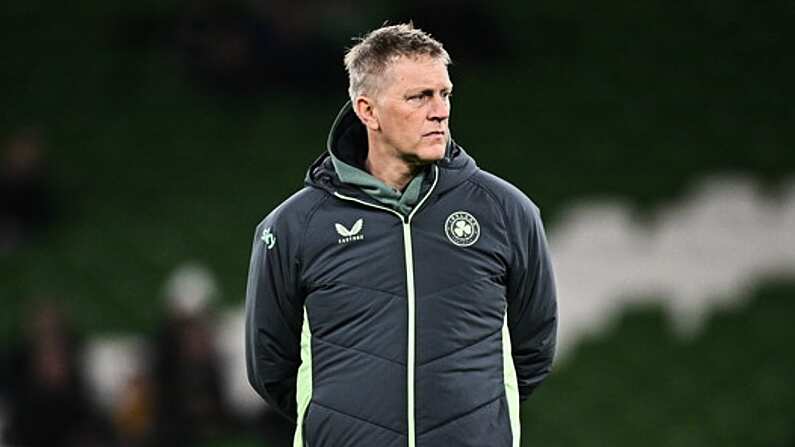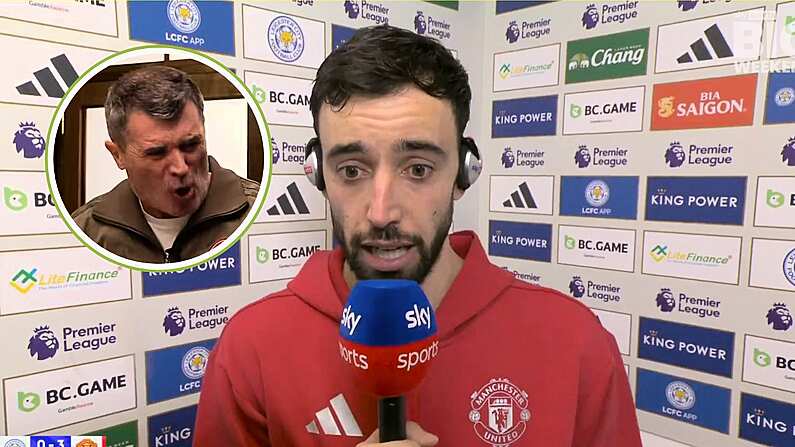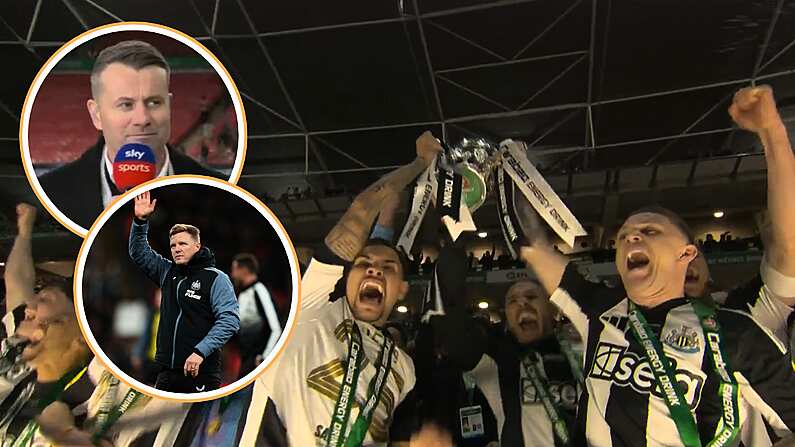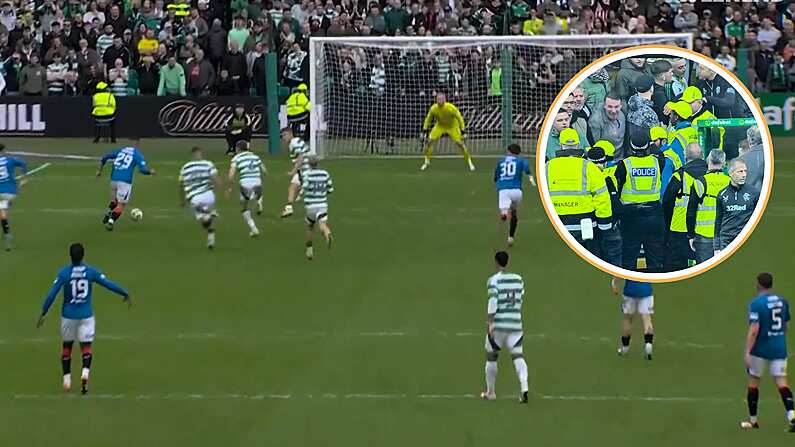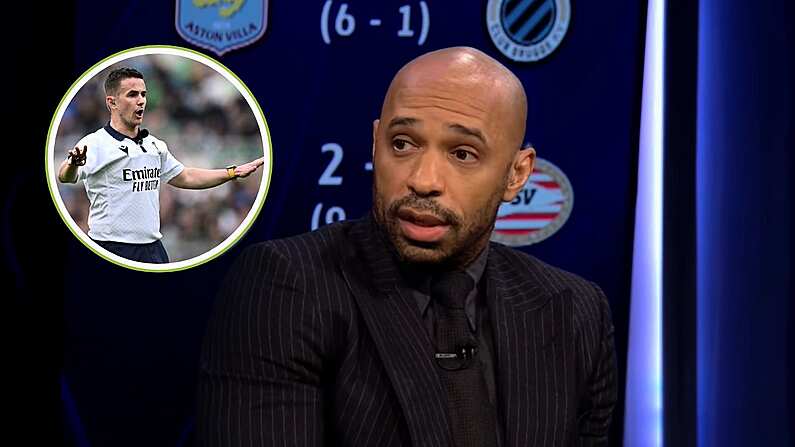There's an old line by Roy Evans that is often used to capture Liverpool's ambition: "Liverpool without Europe is like a banquet without wine". Perhaps that's the case, but without the exploits of a flame-haired Scouser, that banquet would never have been catered.
Liverpool won their first European Cup in 1977, but flirted with exit before ever reaching the final in Rome.With the minutes ticking out at Anfield in the second leg of the quarter-final against St Etienne, Liverpool were heading out. Needing one more goal, they turned to the man that ITV commentator Gerald Sinstadt would christen "Supersub".
It was a moment which would forever enshrine Fairclough into the folklore of his boyhood club. But the issue of writing legend is trying to evade its legacy while you're trying to pen another chapter or two.
Fairclough has now completed the book, and the fact he has called his autobiography Supersub shows that Fairclough has made his peace with his football identity, but it took some time for him to wear it lightly.
"In my early days, it was given as a positive, but it wasn't very long before I was pigeon-holed, and it became all about being more effective in the last 15 minutes", Fairclough tells Balls. "I thought it hampered me in a way that turned out to be negative, the idea that I was unable to stand on my own two feet".
Having grown up at Anfield, his formative years spent contributing to being Liverpool's twelfth man, Fairclough snaffled his dream and ended up being exactly that. His playing days were those in which teams named only a single sub, meaning Fairclough would often look like another coach in the dugout, sitting by Joe Fagan, Ronnie Moran, and Bob Paisley whenever the manager elected not to watch from the stands. Sometimes, he would come on. On the occasions he didn't, he was forced to carry a white bucket of water in which Moran soaked his "magic sponge".
In eight years at Liverpool, Fairclough made 154 appearances. 62 of those came as a substitute. Beyond that, he spent fully 76 games as an unused sub.
If you want to gauge the level of Fairclough's frustration, he ambled around Wembley before the 1978 European Cup final with a hastily-written transfer request in his pocket. It would have been thrust to Bob Paisley's hand had he not been selected. As it happens, Fairclough was picked, and the request went the same way as vanquished opponents, Brugge.
In spite of his defining strike against St Etienne, it preceded the most agonising moments of Fairclough's Liverpool career. At the end of the season, Liverpool faced an FA Cup final the weekend prior to the midweek trip to Rome for the European Cup final. Fairclough's dreams of playing in an FA Cup final at Wembley were dashed by Bob Paisley, told that he was needed for Wednesday.
Fairclough didn't play on Wednesday, either. In his book, he brands this a "cowardly way of letting me down".
Paisley is among the most successful managers in the history of the game: three European Cups, three League Cups, and six League titles. Here is the supreme irony, and it is borne out through Fairclough's book: at a club like Liverpool, which deifies the figure of the manager unlike perhaps any other club, their most successful was arguably the least domineering of them all.
Fairclough criticises Paisley's man-management throughout the book, and an allergy to confrontation which Fairclough speculates derives from a lack of confidence. "He just fobbed you off. He was never great at man-management. He avoided confrontation. I didn't like the '77 period, that did taint things, and leading into the '78 European Cup final he was slow to give me a pat on the back and assure me that I was in the team, because that would have done me the world of good. His man-management skills weren't the best".
Paisley, famously, didn't particularly want to be the man to succeed Bill Shankly. On his first day of pre-season, ahead of the 74/75 season, Paisley gathered the first team squad along with the reserves and said, "I don't know what you're looking at me for, I didn't even want the fucking job in the first place".
The team, Fairclough says, was policed by the players. "Bob Paisley would never have to say anything to me about a mistake at half-time, that was all done by the players on the pitch. It was policed by the players. So the manager never had to come in, really. If I misplaced a pass, I knew I'd get a bollocking off Ray Kennedy, Alan Kennedy, Souness, whoever".
Fairclough was not the only player to have to deal with Paisley's economy of conversation.
David Johnson tells a story of being left out of the semi-final team. Paisley walks past Johnson while he's speaking to Kevin Keegan in the team hotel and says as he's passing, "You're sub".
Johnson is asking, "What's he just said?" Kevin Keegan said, 'He said you're sub". He tried to follow him down the corridor, but Paisley had disappeared.
Illustrative of exactly this, it took twenty years for Fairclough to discover the reason behind the souring of his relationship with Paisley. the forward left the club in 1983, by which time he suspected there was an issue between he and the manager.
I was interviewed by the Sunday People - I've still got the piece - and said that "I owe Liverpool nothing, and they owe me nothing". But the Sunday People chose to make the headline, "I owe Liverpool nothing". Paisley saw this interview, there was a noticeable air coming from him. I remember reading it when it came out, knowing that it didn't look great.
He took an affront to me doing this interview. At the time, I was disappointed at Liverpool, and I left in 1983. He didn't speak to me for a while, and I felt I'd been elbowed out of here. Years later, I'm sitting in my best mate's house, and this is only ten or so years ago. He told me "We all know why Paisley fell out with you". Do we?
Paisley used to go into this garage every morning and have a cup of tea, and pick a couple of bets for the day with his best mate.
One of the guys there was my mate, so we all congregated around there. This is where Paisley hung out. My pal already knew the team before anyone else. But there, Paisley said that he thought I'd got paid for this interview, £5,000. First of all, I didn't get a bean for it, and I'd been completely stitched up on the headline.
Fairclough is always quick to point to Paisley's success in the book, and is never begrudging about it, but his view of one of the game's most successful managers is nuanced. "People always ask me what Bob Paisley was like, and I couldn't tell them in a few minutes". To seek the answer to that question is to seek out this book.
While his not starting more games for Liverpool still rankles, Fairclough has learned to like his moniker. "People spend a long time in all walks of life searching for an identity", he tells us. Fairclough has his.
As a sign of how comfortable he has become, he has considered buying the rights to 'super sub' as a brand. And to give an idea of the vandalism committed to that title with it outside of Fairclough's control, a sandwich shop going by that title is visible from the window of the coffee shop where this interview is taking place.
Perhaps best to stick to the banquets.
Supersub: The Story of Football's Most Famous No.12 is published by DeCoubertin Books and is available now.


